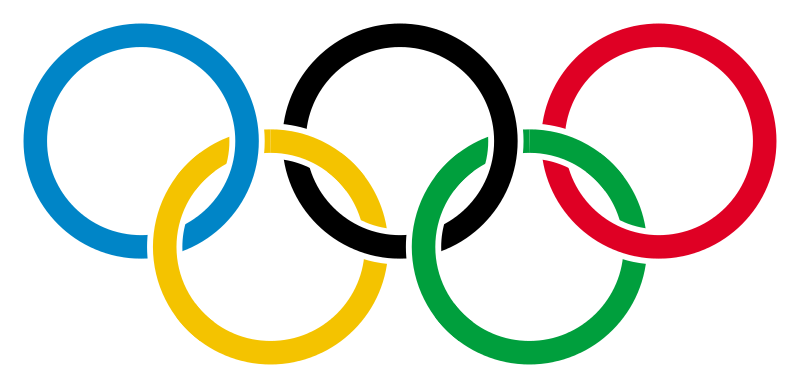Every two years, we’re treated to another round of Olympics. Whether you watch them or not, it’s impossible to avoid all the hype—which, it turns out, isn’t all true. Next time someone refers to “Olympic tradition,” read them this.
THE MYTH: Athletes who competed in the ancient Greek Olympics were amateurs.
THE TRUTH: Technically, maybe. But in fact, they were handsomely rewarded for their victories. “Contrary to popular belief,” says David Wallechinsky in his Complete Book of the Olympics, “the Ancient Greek athletes were not amateurs. Not only were they fully supported throughout their training, but even though the winner received only an olive wreath at the Games, at home he was amply rewarded and could become quite rich.” Eventually, top athletes demanded cash and appearance fees—just like today.
THE MYTH: In ancient Greece, the Olympics were so important that everything stopped for them—even wars.
THE TRUTH: No war ever stopped because of the Olympics. But wars didn’t interfere with the games because: 1) participants were given nighttime safe-conduct passes that allowed them to cross battlefields after a day’s fighting was done, and 2) the Olympics were part of a religious ceremony, so the four Olympic sites—including Delphi and Olympia—were off-limits to fighting.
THE MYTH: To honor ancient tradition and discourage commercialism, organizers of the modern Olympics decided that only amateur athletes could compete.
THE TRUTH: Not even close. It was “amateurs only” strictly to keep out the riff-raff. Baron Coubertin, the man responsible for bringing back the Olympics in 1896, was a French aristocrat who wanted to limit competitors to others of his social class. “He saw the Olympics as a way to reinforce class distinctions rather than overcome them,” writes one historian. Since only the rich could afford to spend their time training for the games without outside support, the best way to keep lower classes out was to restrict them to amateurs.
THE MYTH: The torch-lighting ceremony that opens the games originated with the ancient Greeks.
THE TRUTH: It has no ancient precedent—it was invented by the Nazis. The 1936 Olympics took place in Berlin, Germany, under Hitler’s watchful eye. Carl Diem, who organized the event for the Führer, created the first lighting of the Olympic flame to give the proceedings “an ancient aura.” Since then, the ceremony has become part of Olympic tradition…and people just assume it’s much older than it really is.
THE MYTH: The 5-ring Olympic symbol is from ancient Greece.
THE TRUTH: The Nazis are responsible for that myth, too. According to David Young’s book, The Modern Olympics, it was spread in a Nazi propaganda film about the Berlin Games.
THE MYTH: Adolf Hitler snubbed U.S. runner Jesse Owens at the 1936 Olympics in Berlin.
THE TRUTH: This is one of the enduring American Olympic myths. Hitler, the story goes, was frustrated in his attempt to prove Aryan superiority when Owens—an African American—took the gold. The furious Führer supposedly refused to acknowledge Owens’s victories. But according to Owens himself, it never happened. Hitler didn’t congratulate anyone that day because the International Olympic Committee had warned him he had to congratulate “all winners or no winners.” He chose to stay mum.
THE MYTH: Drugs have always been taboo in the Olympics.
THE TRUTH: Drugs weren’t outlawed until the 1968 Games. In fact, according to the Complete Book of the Olympics, drugs were already in use by the third modern Olympic Games: “The winner of the 1904 marathon, Thomas Hicks, was administered multiple doses of strychnine and brandy during the race.”










